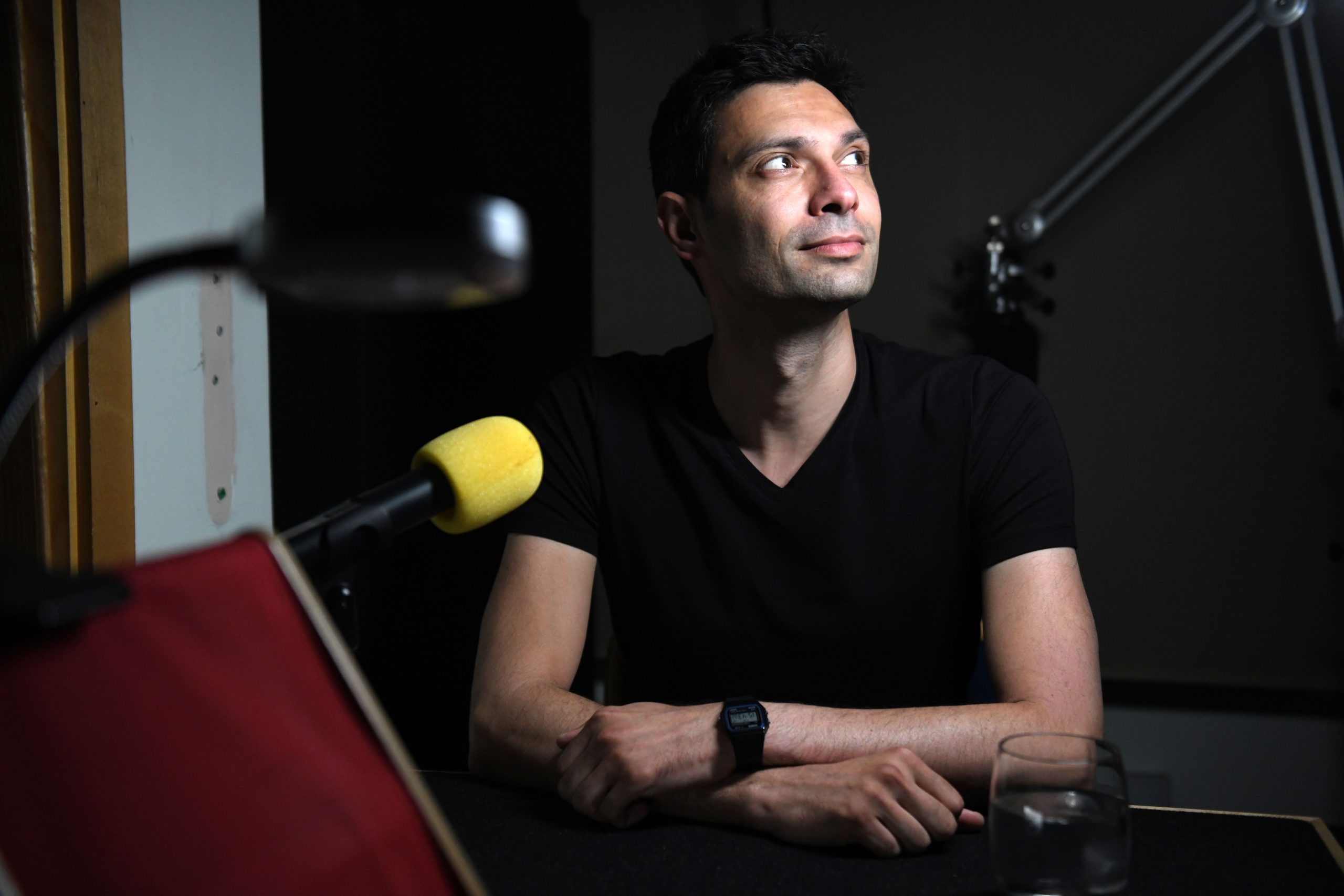Ali Niknam started coding at the age of eight, began investing in the stock market at 12 and launched his first company when he was just 16. By the age of 30, he had accumulated enough money never to work again. Instead, in the teeth of the financial crisis, as banks veered between calamity and chaos, he decided to launch his very own challenger bank. A decade – and €100 million of his own funds – later, his bank, bunq, is active in 30 markets, has more than €1 billion in deposits, and has just closed a funding round that…
Cancel at any time. Are you already a member? Log in here.
Want to read the full story?
Unlock this article – and everything else on The Currency – with an annual membership and receive a free Samsonite Upscape suitcase, retailing at €235, delivered to your door.

